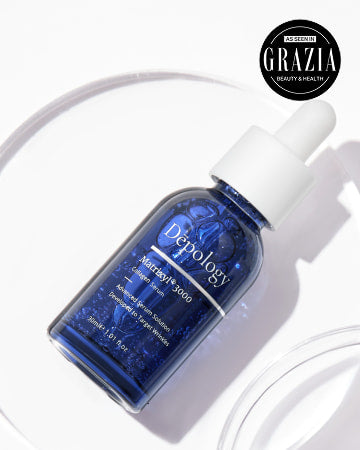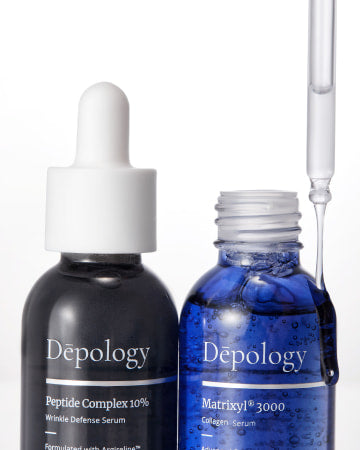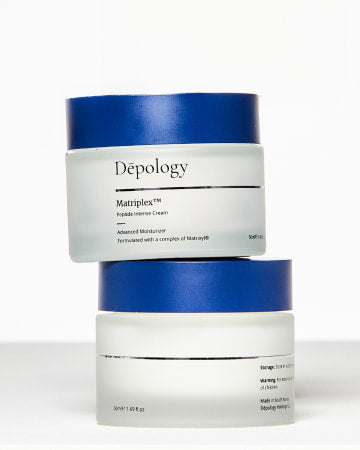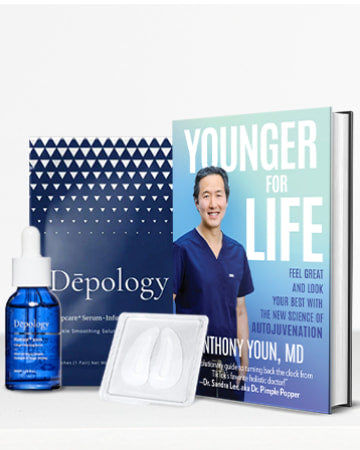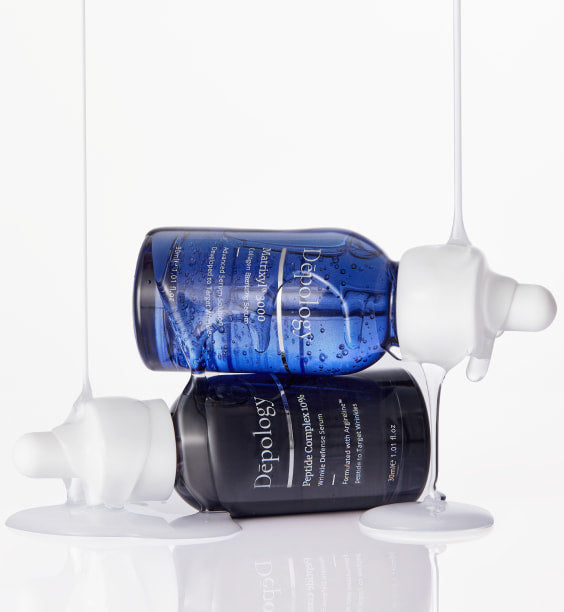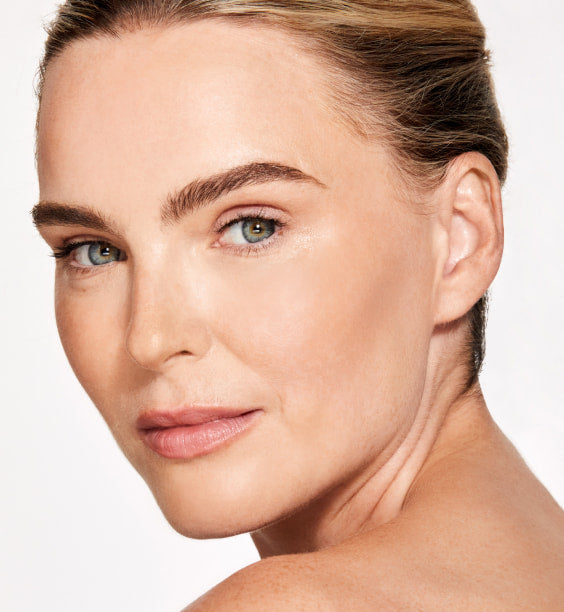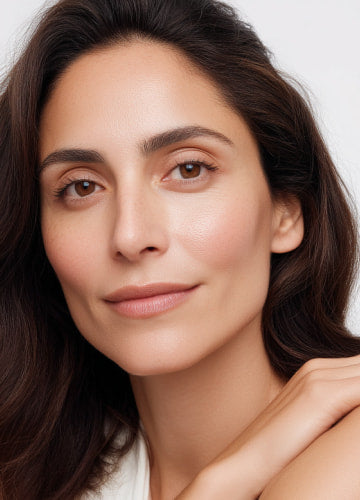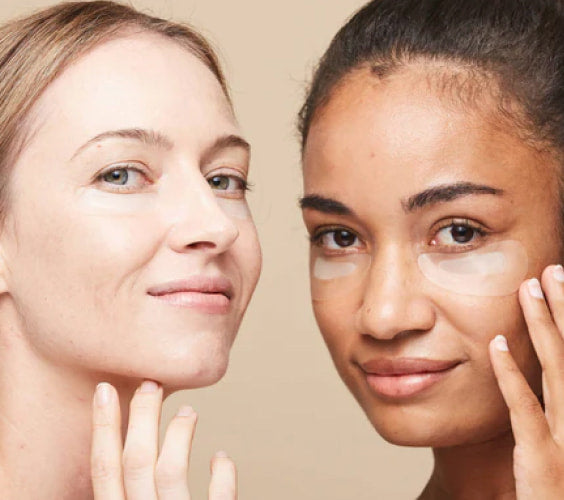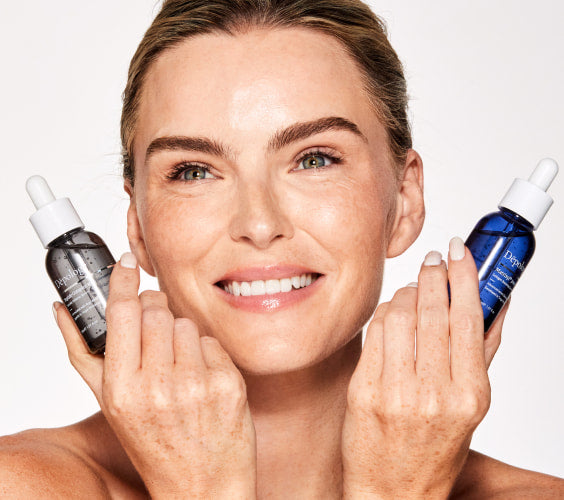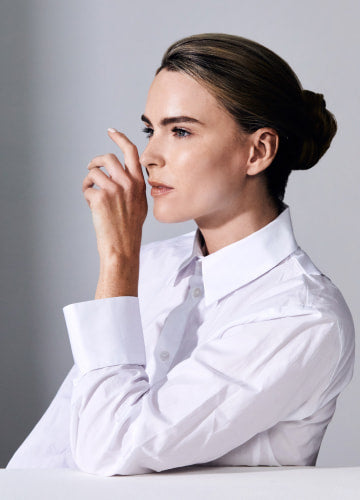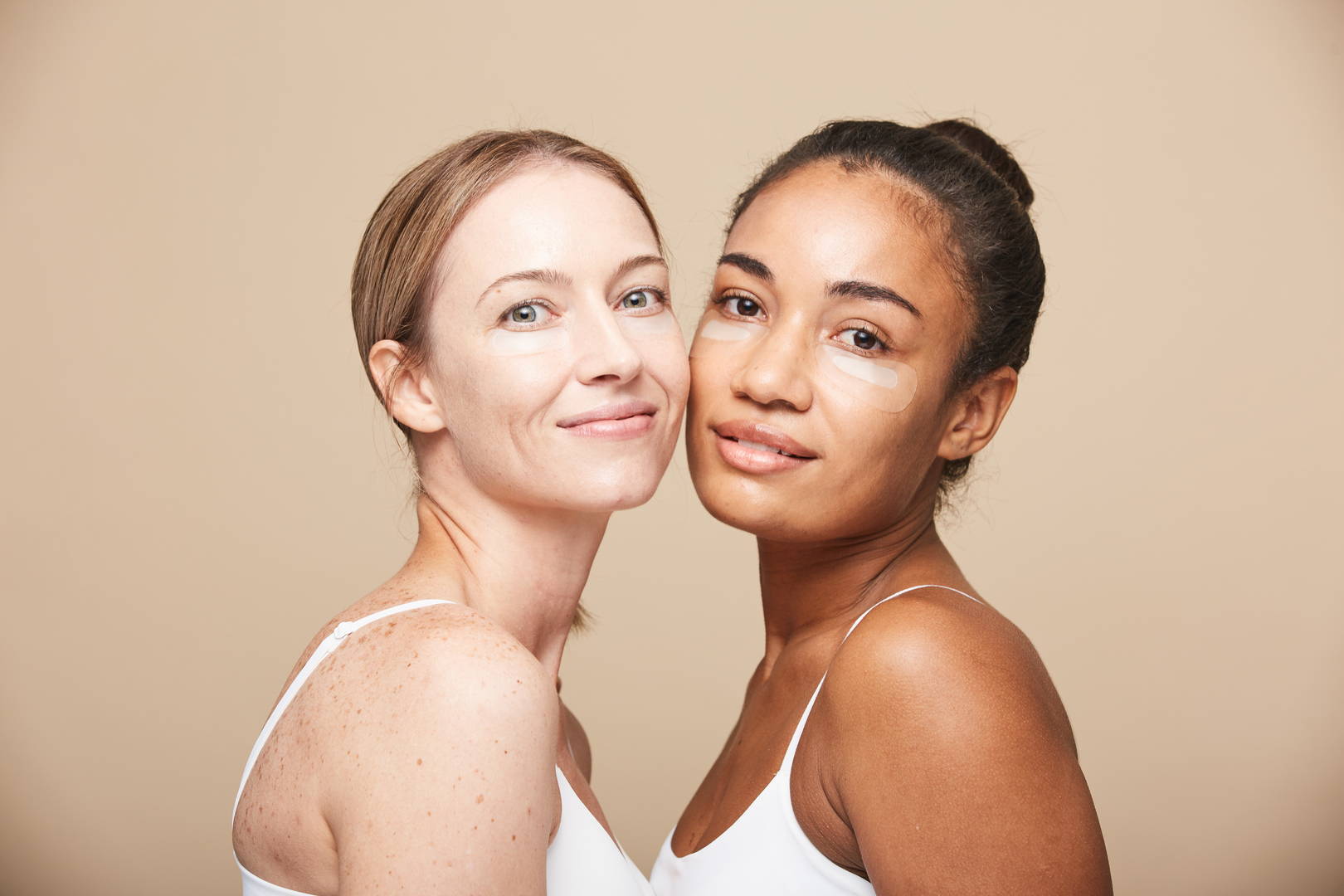
Read more
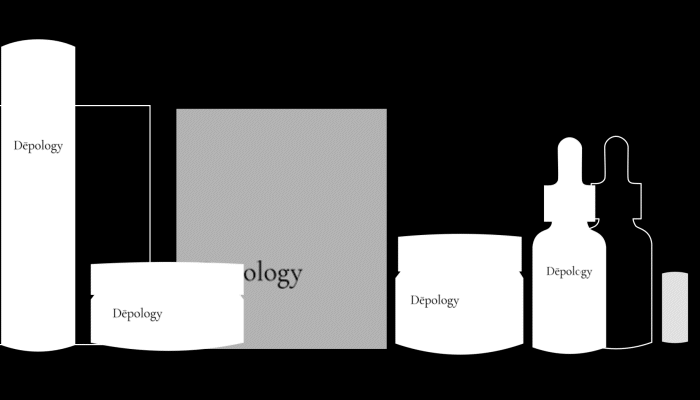
Trending Skincare Ingredients 2022
The year 2022 was many things, but one of them was not dull. Skincare consumers no longer take marketing terms like "clean" and "natural" at face value. Beauty enthusiasts nowadays want to know exa...
Read more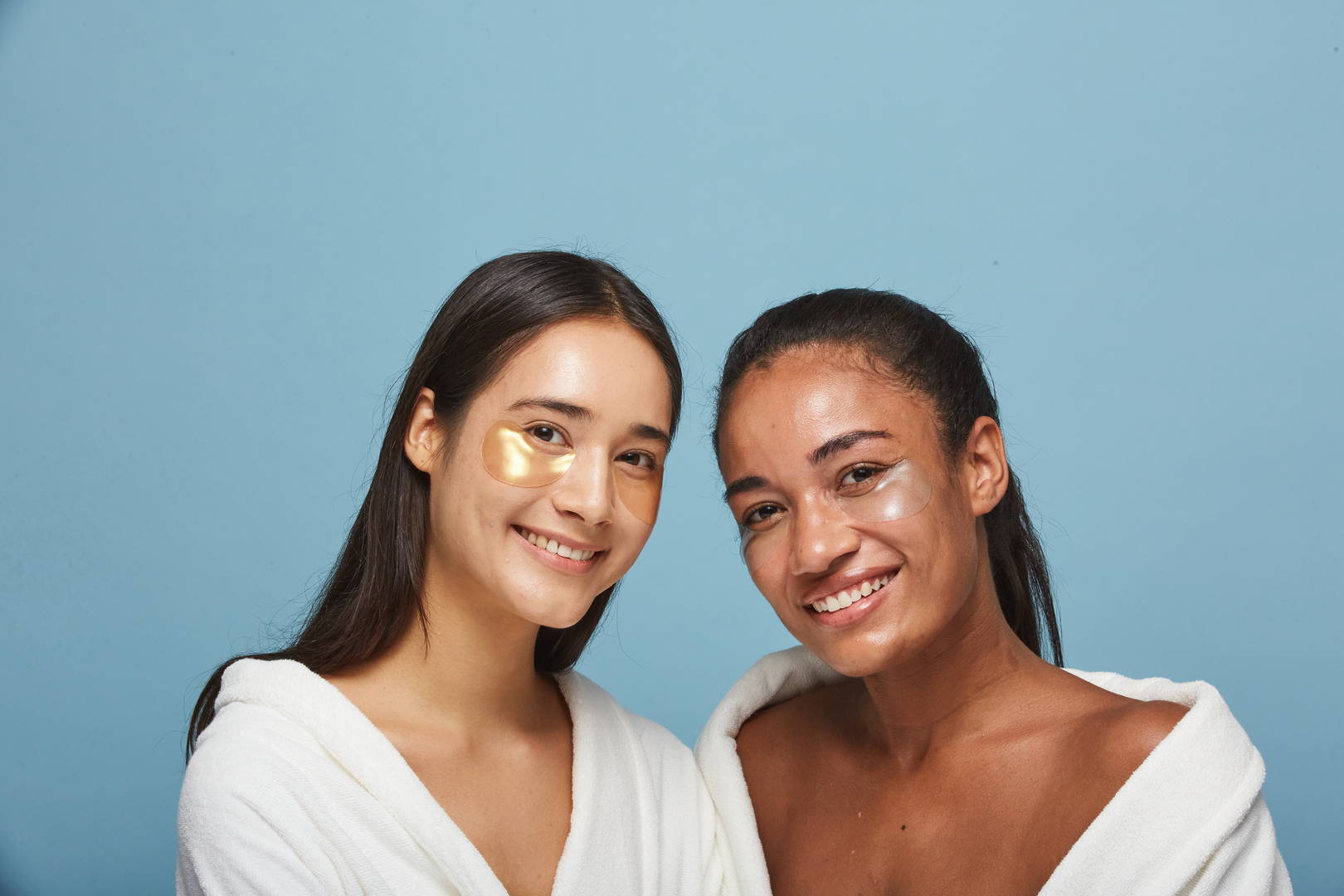
What Is Skin Glazing And The Benefits Of It?
It may take a while to find the routine that works best for you, but once you figure out how your skin works alongside these methods, you’ll never want to go back to pre-skin glazing again - that i...
Read more

